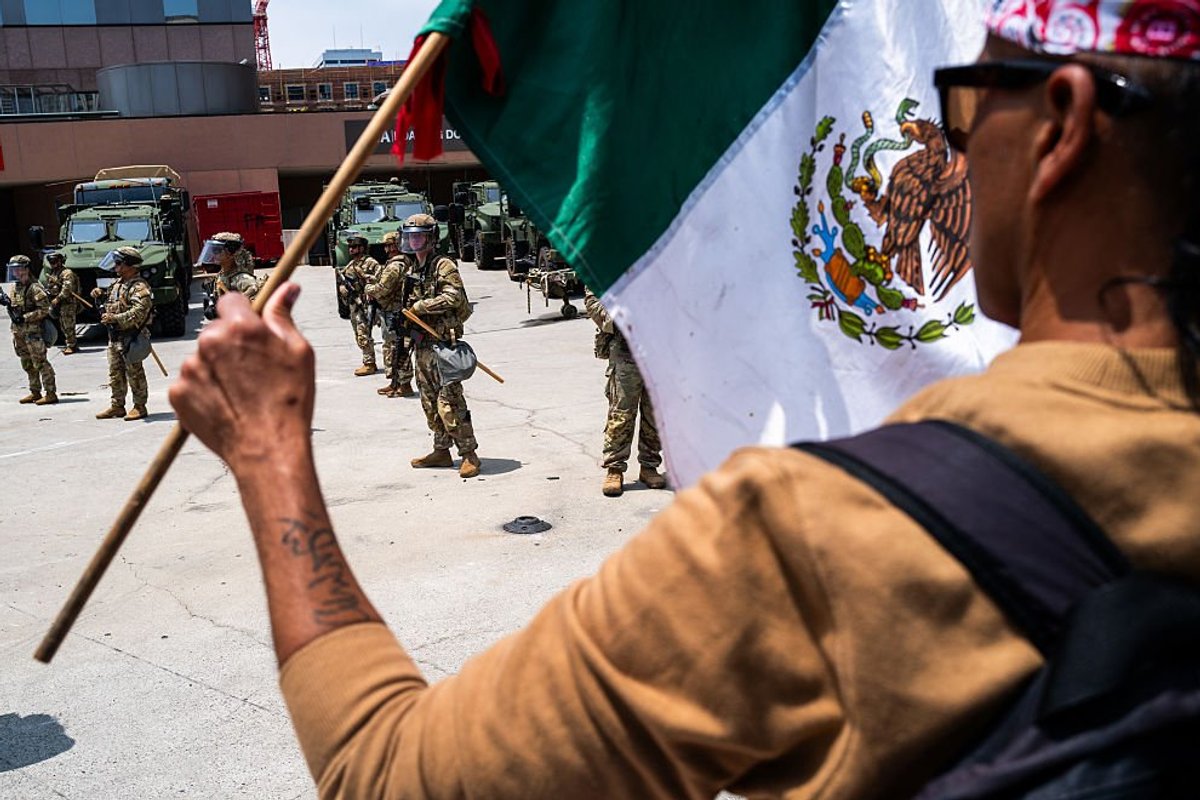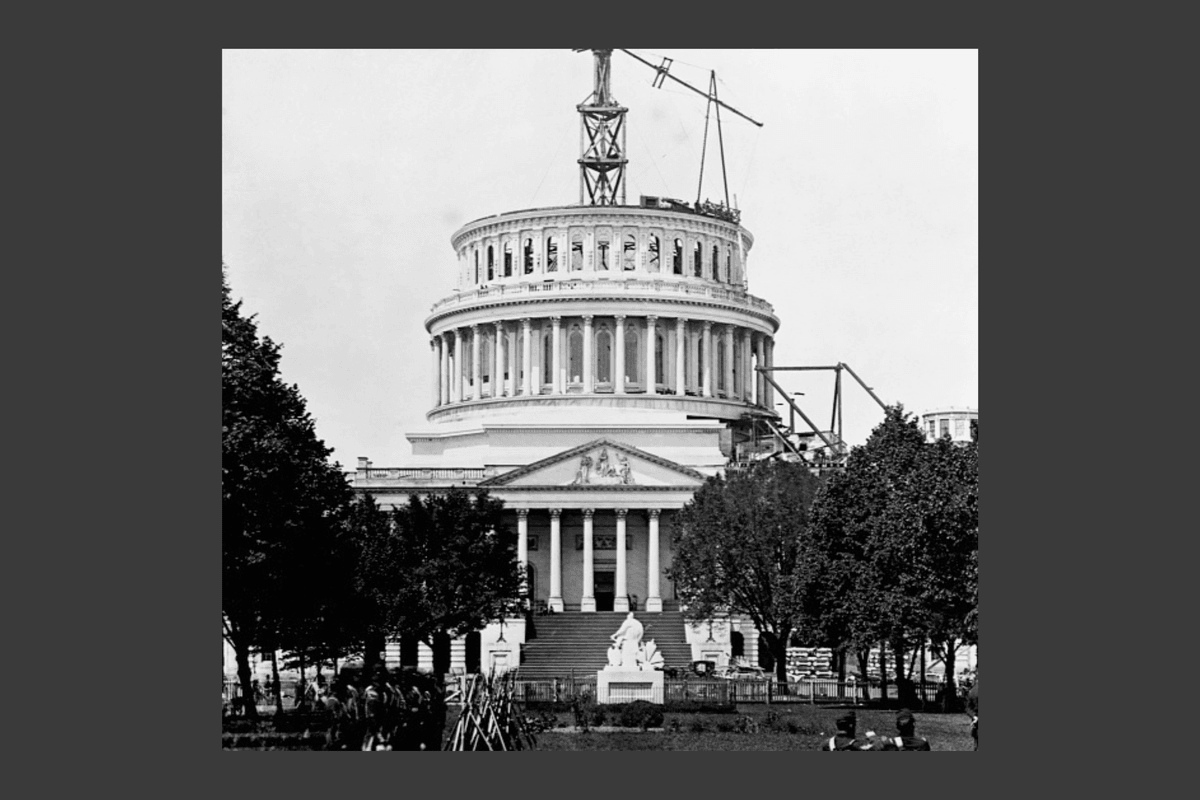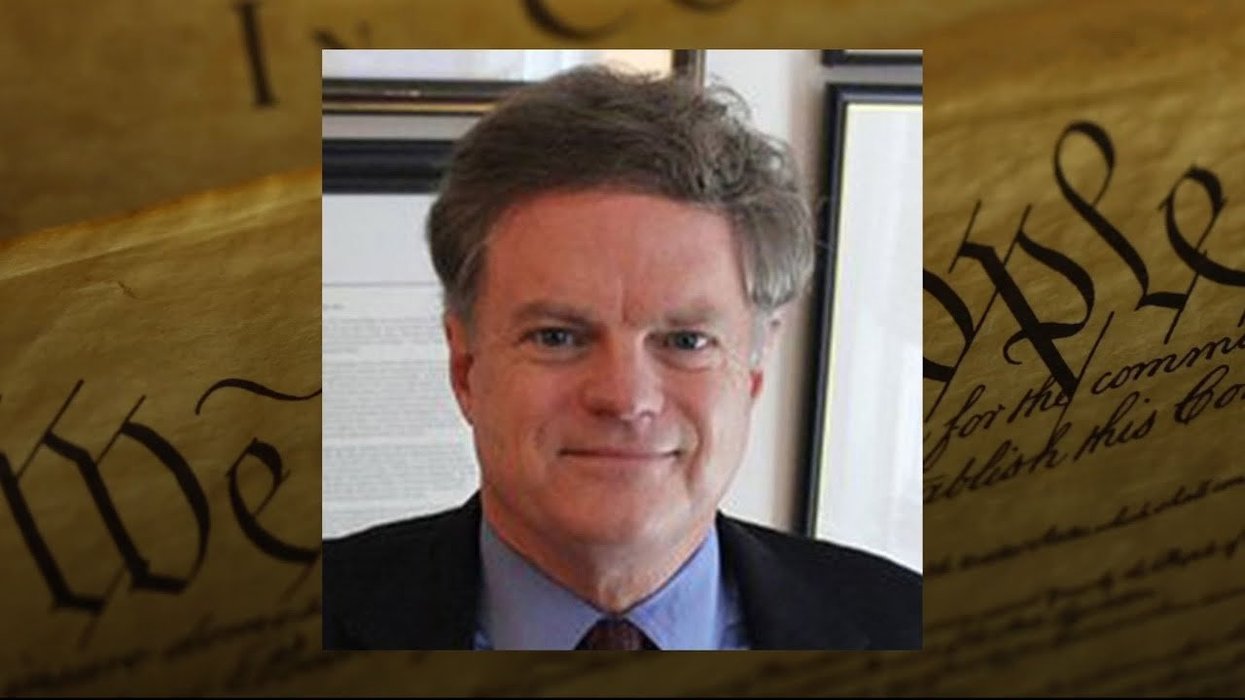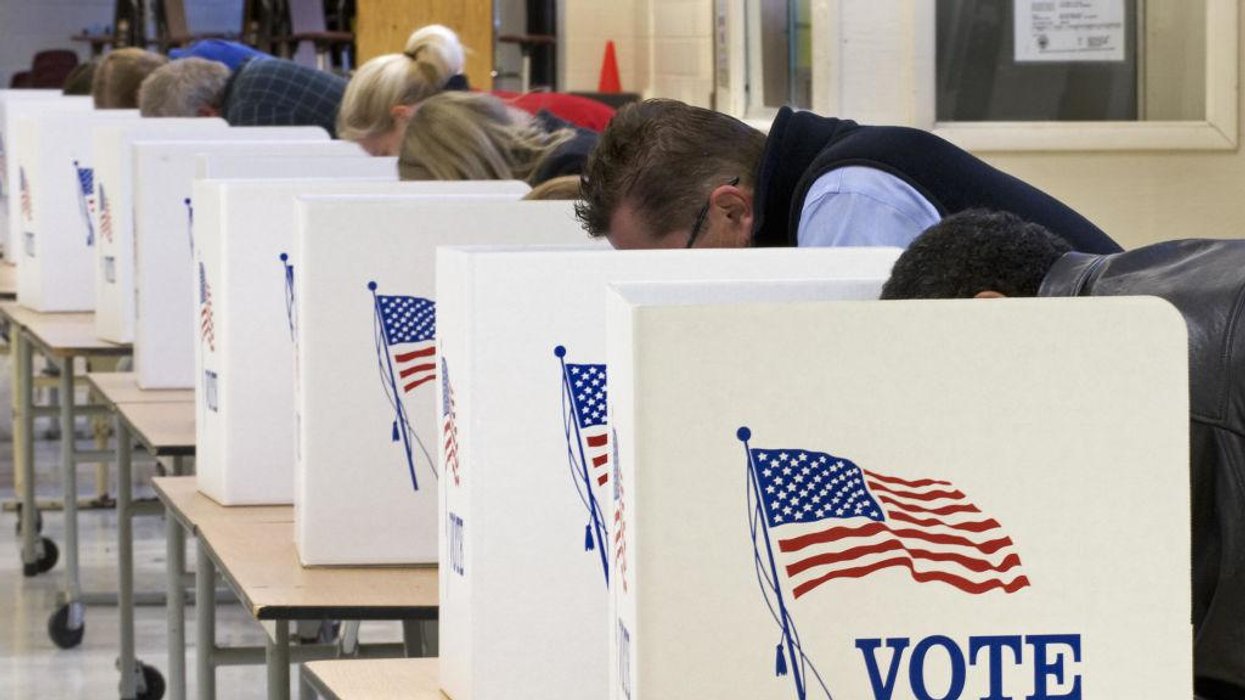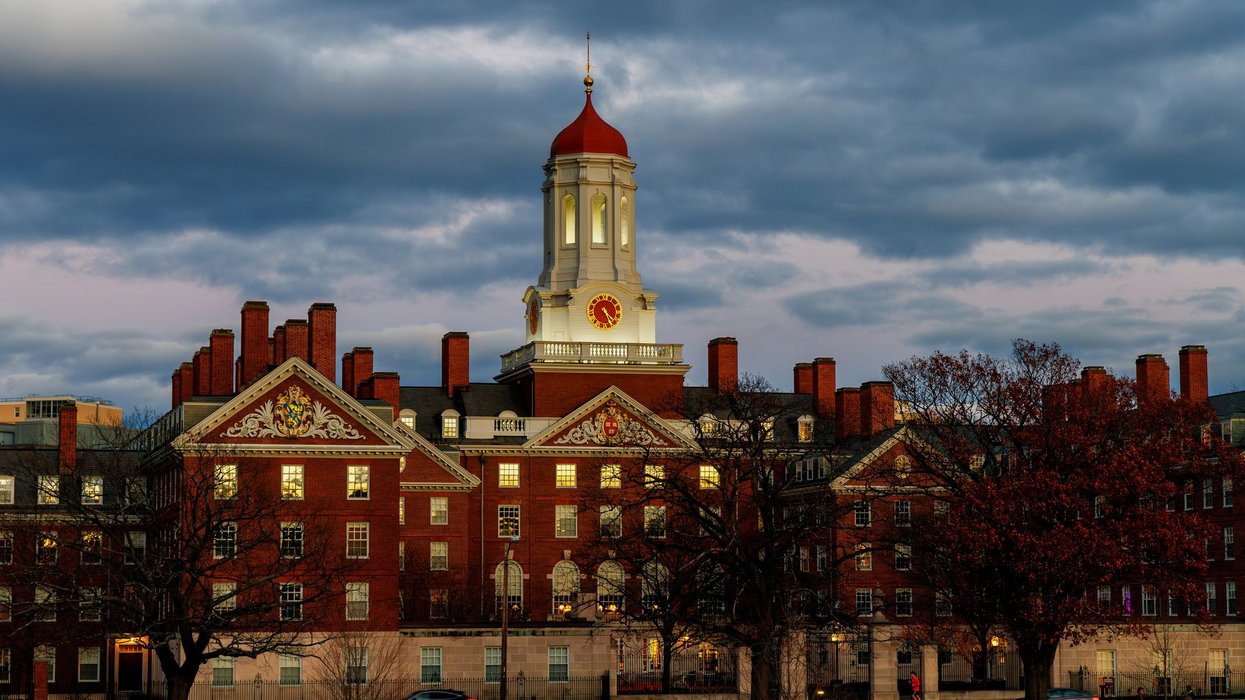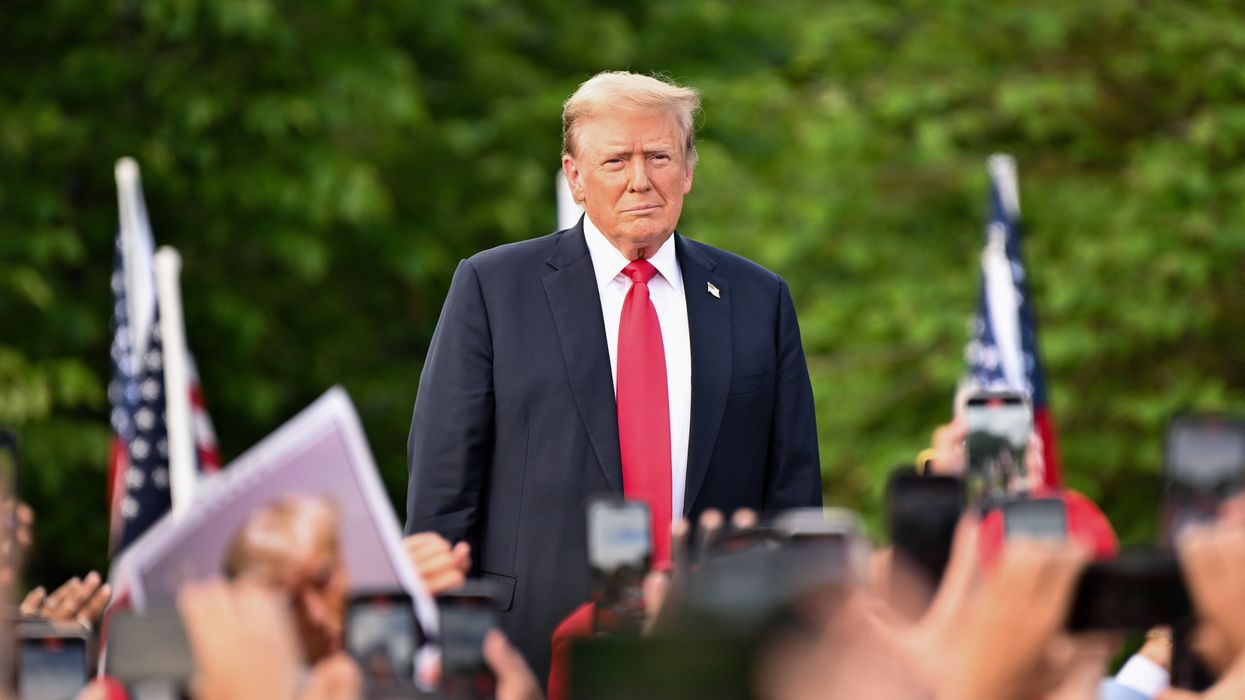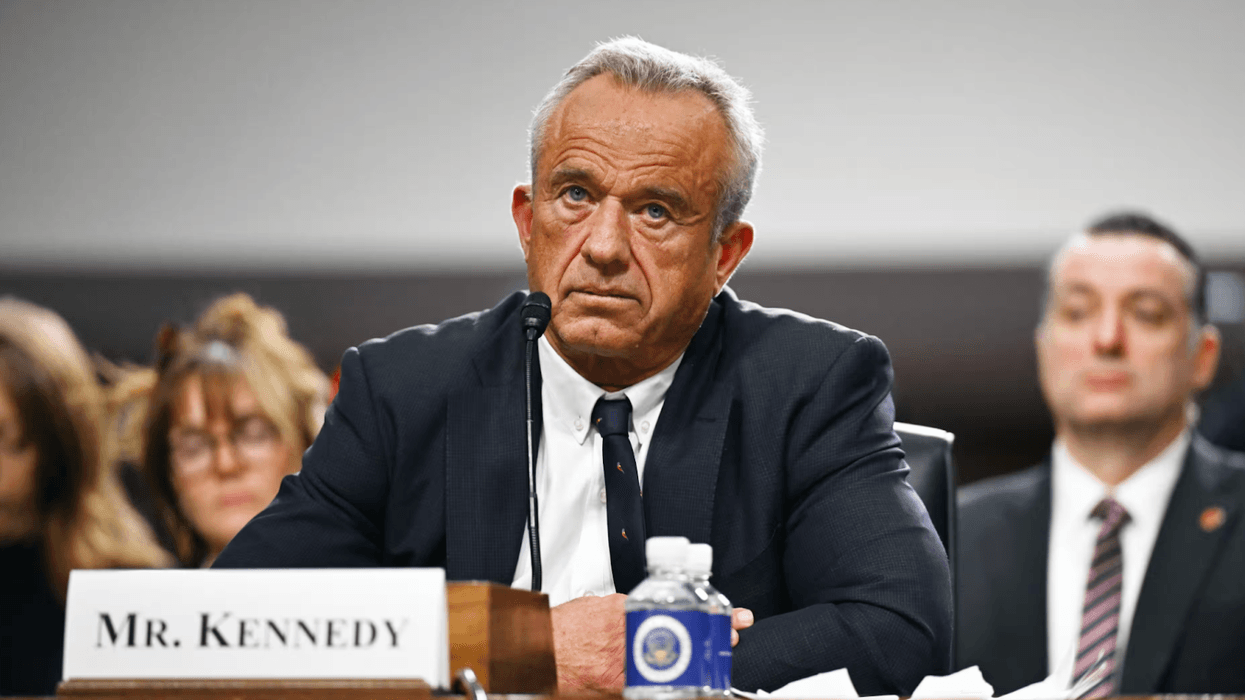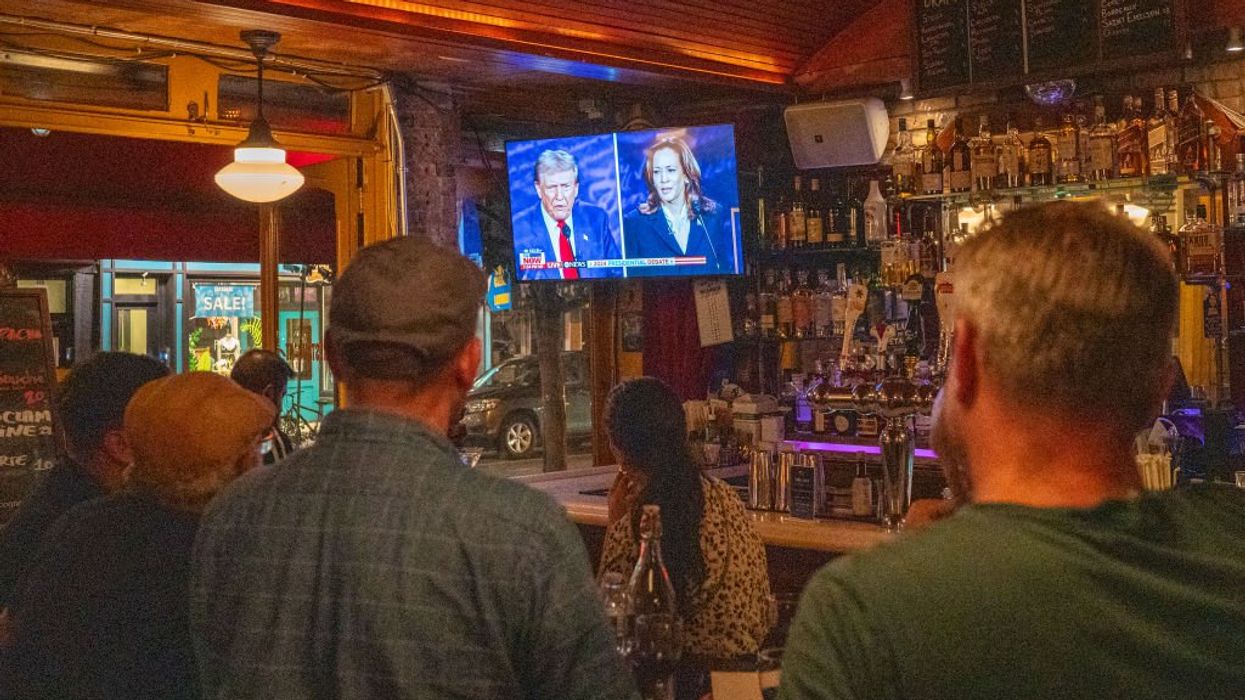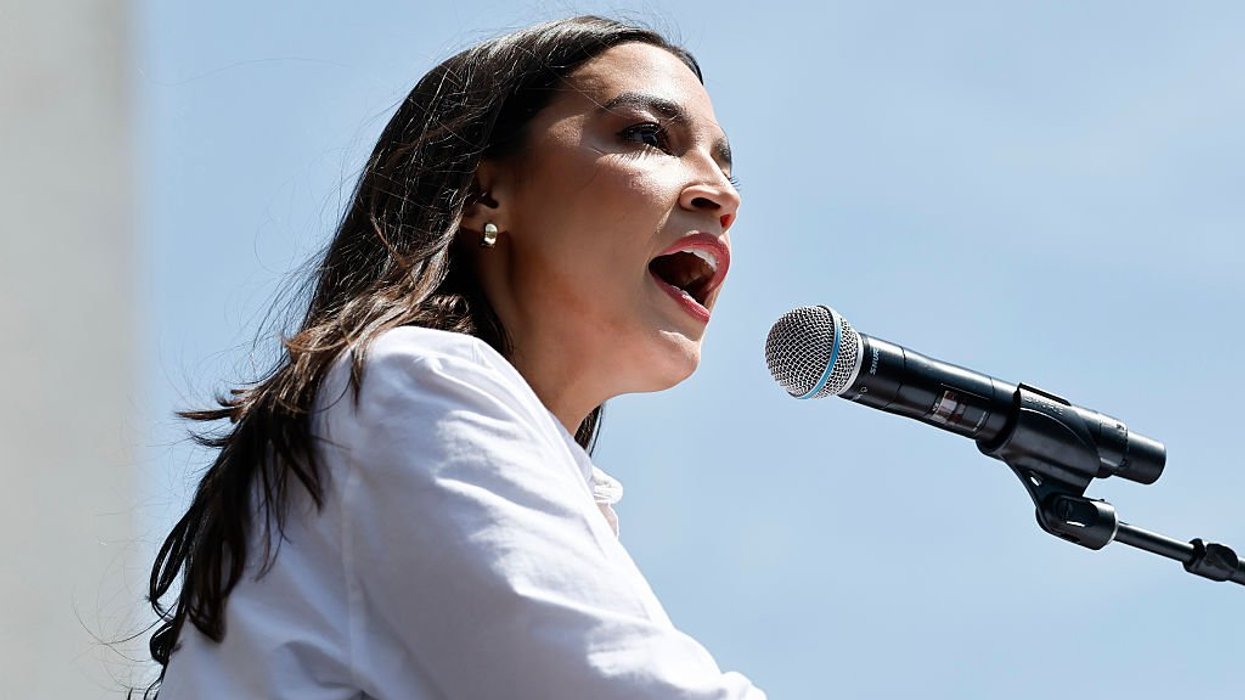Kinsella is counsel and Weiner the deputy director of the Democracy Program at the Brennan Center for Justice, a progressive think tank at New York University Law School.
This is part of a series advocating for legislation soon to be proposed in the House, dubbed the Protecting Our Democracy Act, designed to improve democracy's checks and balances by curbing presidential power.
From inappropriate contacts with the Department of Justice to politically motivated pardons to the president's refusal to separate himself from his businesses, one of the most troubling hallmarks of the Trump administration was disregard for long-established guardrails designed to ensure that the government serves the public interest in an even-handed manner.
And while Trump-era excesses were unique, it must be acknowledged that prior administrations also committed serious abuses. Given what our nation has just experienced, shoring up safeguards for the rule of law and ethical government are a critical priority.
Legislation that we expect will soon start moving through the House, known as the Protecting Our Democracy Act, is an important first step in this regard. Among its most important provisions, the bill would improve enforcement of the emoluments clauses of the Constitution, prevent abuse of the president's pardon powers, insulate the Justice Department from political interference and protect the independence of inspectors general.
Donald Trump refused to divest from his businesses after becoming president. And several, like his Washington hotel, became ready-made avenues for both foreign governments and domestic political allies to curry favor with his administration.
While this did not violate federal conflict of interest rules, which exempt the president, it arguably did violate both the foreign and domestic emoluments clauses, constitutional provisions that bar the president — and in the case of foreign emoluments, all federal officials — from accepting benefits from foreign governments and individual U.S. states.
The president was sued repeatedly to enforce these safeguards, but these suits faced significant procedural hurdles. This is because the Constitution is silent about how to enforce these clauses and, except in limited circumstances, Congress has not enacted legislation to implement or interpret them.
The legislation would define what constitute unlawful benefits under the emoluments clauses and lay out the process for Congress to pursue violations. It would also require disclosure of emoluments and give the Office of Government Ethics and the Office of Special Counsel power to enforce this legislation.
Trump routinely used the president's pardon power to subvert the rule of law, granting clemency to personal and political cronies, war criminals, corrupt politicians and a repeat civil rights violator. Other presidents also abused the pardon power, notably the first President George Bush, who pardoned members of the Reagan administration for their involvement in the Iran-Contra scandal, and President Bill Clinton, who pardoned his own brother and one of his big political donors.
The bill begins to address this problem by requiring transparency for pardons of family members — although Jared Kushner's father, whom Trump pardoned, would not meet the statutory definition employed here — and for others who commit certain offenses related to obstruction of justice. It would also extend criminal liability, including to the president and vice president, for bribery associated with acts of clemency. Finally, it would invalidate self-pardons.
But the bill should go further to deter and expose controversial acts of clemency beyond those involving just the president or their family members. At a minimum, Congress should require transparency for acts of clemency where the recipient has a close relationship to the president, the president's family members or close associates.
Like its predecessors, the Trump White House purported to limit who could communicate with the Department of Justice about specific law enforcement matters — a practice first adopted by the Ford administration in the wake of Watergate. (Some administrations extended this policy to other law enforcement agencies, as well.) But the previous administration policy appears to have been primarily honored in the breach. For instance, Trump and other White House officials repeatedly violated the administration's contacts policy, exerting improper political pressure on Department of Justice officials — such as when Trump contacted Jeffrey Clark, the acting head of the Civil Division, in order to push the department to pursue claims of voter fraud.
The legislation proposes a simple solution to this problem: It would require the attorney general to submit a log of all covered communications with the White House to Justice's inspector general, who would forward any inappropriate communications to Congress. This provision could be made even stronger by narrowing the scope of its exemptions and applying it to other enforcement agencies, such as the departments of Labor and State, which also face the risk of improper politicization.
In the wake of the controversial removal of several inspectors general during the Trump administration, the legislation seeks to safeguard these independent watchdogs by granting them for-cause removal protection. Another bill, which passed the House in the last Congress, would expand the Justice inspector general's jurisdiction to include allegations relating to a department attorney's authority to investigate, litigate or provide legal advice. This would be an important addition to the Protecting Our Democracy Act. Inspectors general at other law enforcement agencies should also have the express statutory authority to investigate improper political interference.
These are among a number of provisions in the measure that aim to safeguard the rule of law and promote the ideal of public service as a public trust. The bill is an important first step to revitalize important guardrails for the rule of law. These reforms represent the codification of many practices and norms to which administrations of both parties long adhered — and which administrations of both parties have broken.
Many of the measures in the bill, which has support from organizations across the ideological spectrum, have had bipartisan support in Congress. Now is the time for Congress to ensure that our government has a strong foundation.



